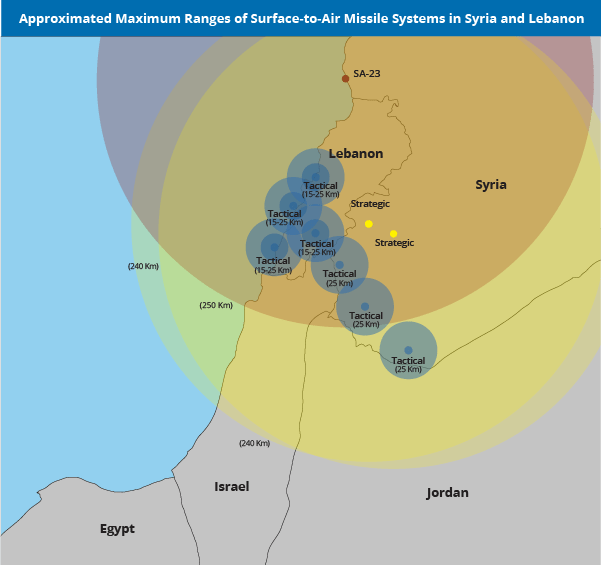Recent engaging of Israeli Air Force (IAF) aircraft by surface-to-air missile launched from Syria is indicative of the remaining, albeit limited capabilities of the Syrian Air Defense Forces (SyADF). Moreover, it likely points to a shift in the Syrian government’s approach to perceived violations of its sovereignty by Israel, taking a more proactive and aggressive military stance, likely due to recent successes and strong backing from Russia.
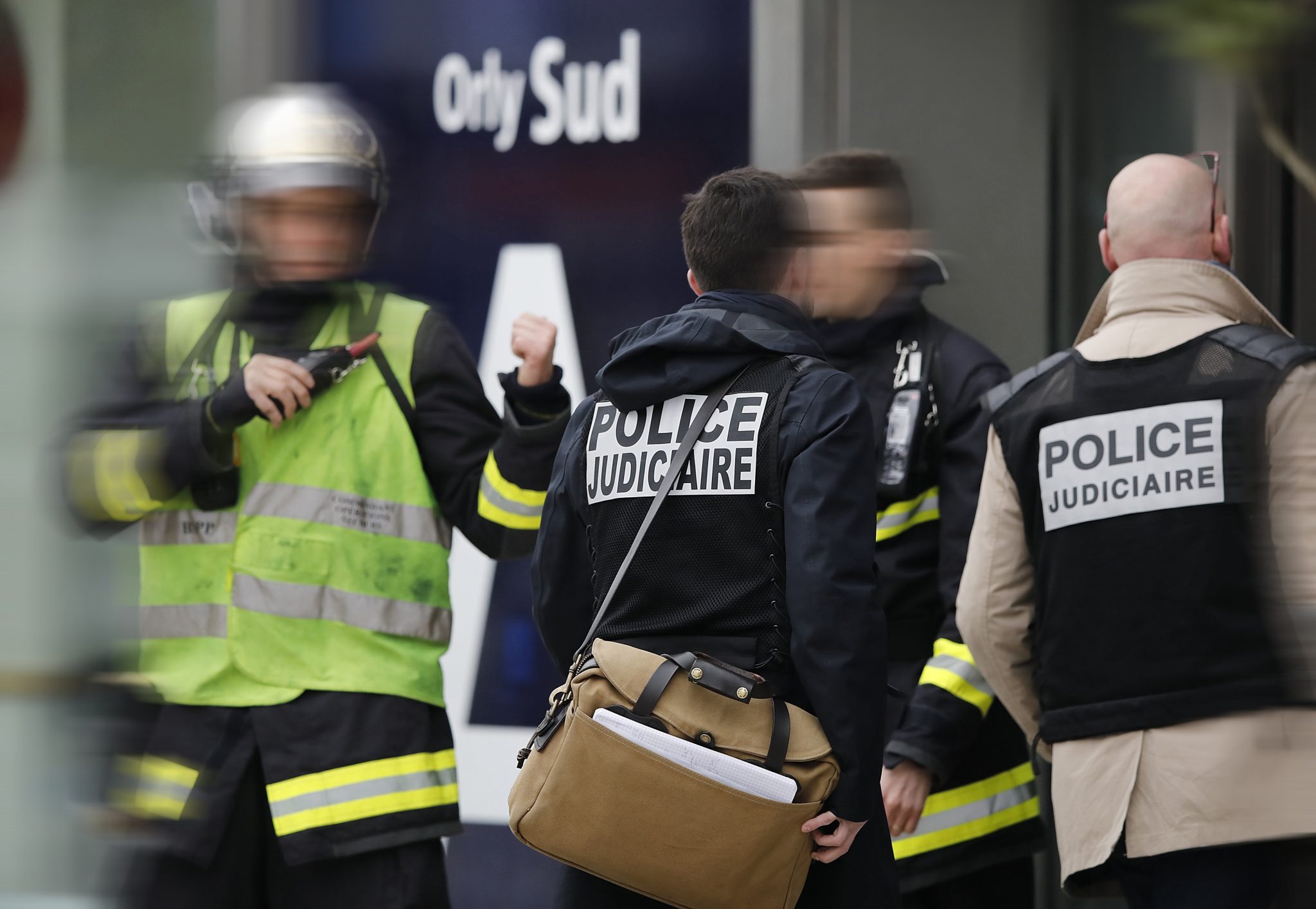
During the afternoon hours of March 18, following an attempted attack on three Air Force soldiers at Paris Orly, French police forces confirmed that the man involved in the incident was known to authorities, based on a number of prior criminal infractions, including theft and drug distribution. Although initial reports indicated that the government were aware of the attackers radicalization, and French Interior Minister Bruno Le Roux claims that police and intelligence services knew of the man, the Paris prosecutor’s office has since maintained that he did not appear in a French government database of people considered potential threats to national security.
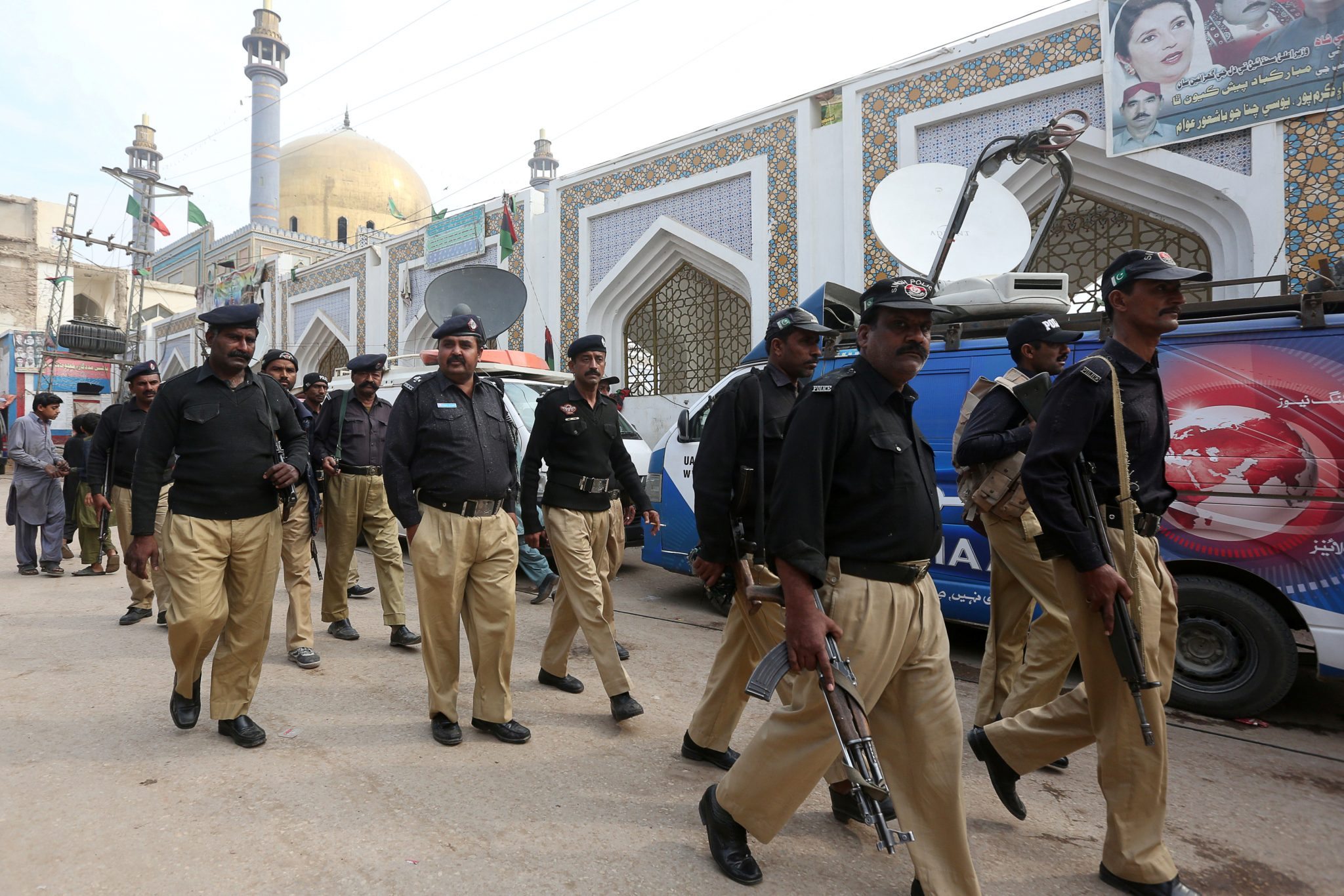
On February 10, an offshoot of the Tehreek-e-Taliban Pakistan (TTP), Jamaat ul Ahrar (TTP-JA), announced by video the commencement of a new militant operation in the country titled “Operation Ghazi”. The TTP-JA defined the operation to be conducted largely against their traditional targets of government and security installations, as well as other symbols of the rule of law, including members of the judiciary. In the weeks that followed, at least 140 people were killed in separate attacks across the country, claimed by a number of different groups. Some of the most high-profile attacks include a suicide bombing in Lahore on February 13
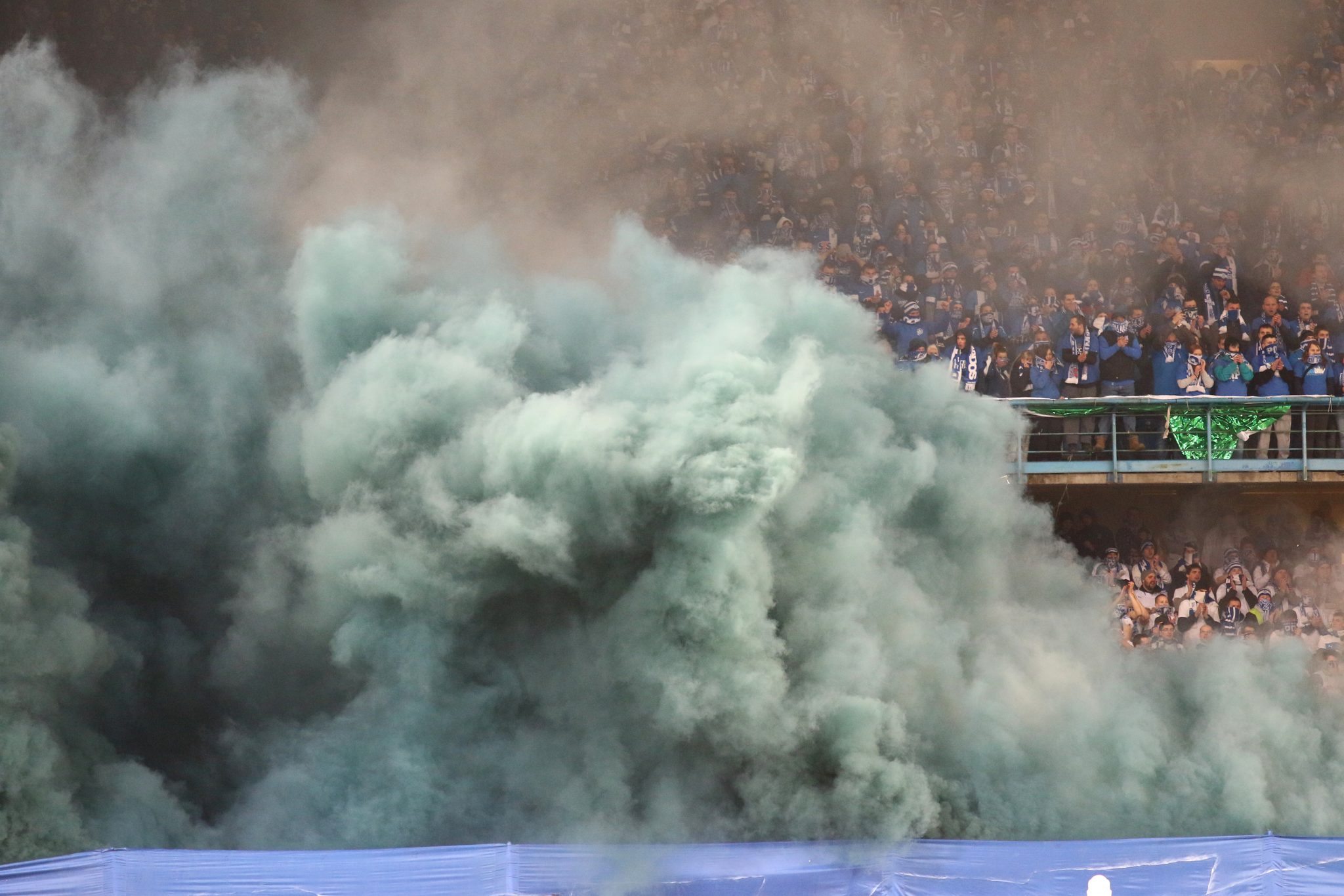
How much security is enough when it comes stadiums and sports arenas? What is most commonly overlooked when considering the risks that come with hosting such events? Increasingly, the importance of stringent and all-encompassing stadium security is paramount in a world where terror attacks and politically motivated assaults target arenas drawing large crowds. Most notably, we saw the terror attacks on stadiums in Turkey on Dec. 11, 2016 and in Paris on November 13, 2015, along with several others.
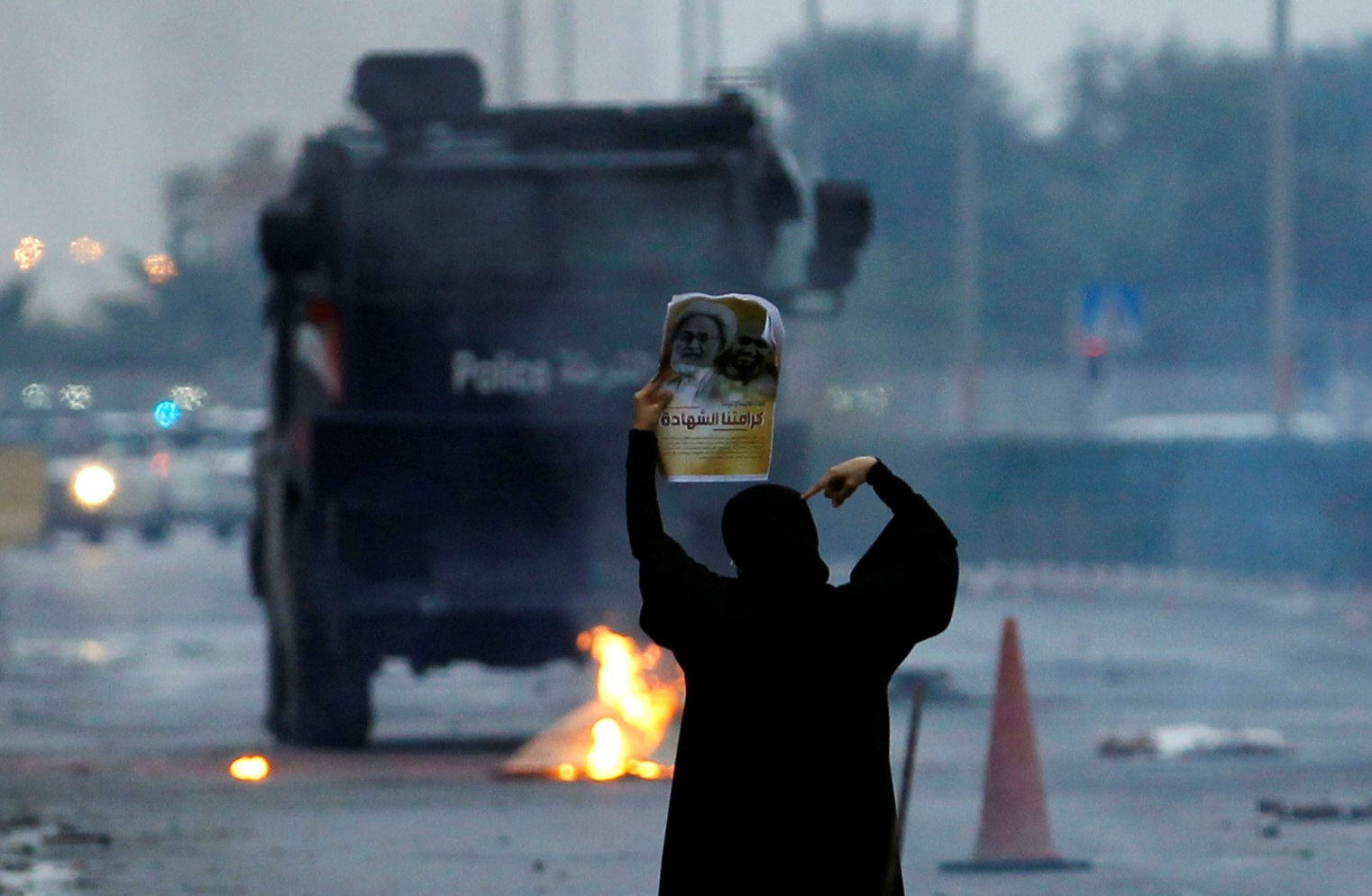
Following the Ministry of Interior’s (MoI) statement that an explosion injured a Bahraini woman in Sanabis during the evening hours of February 23, further reports stated that the blast was the result of an IED. At the time of writing, no further information regarding the perpetrator has been reported.
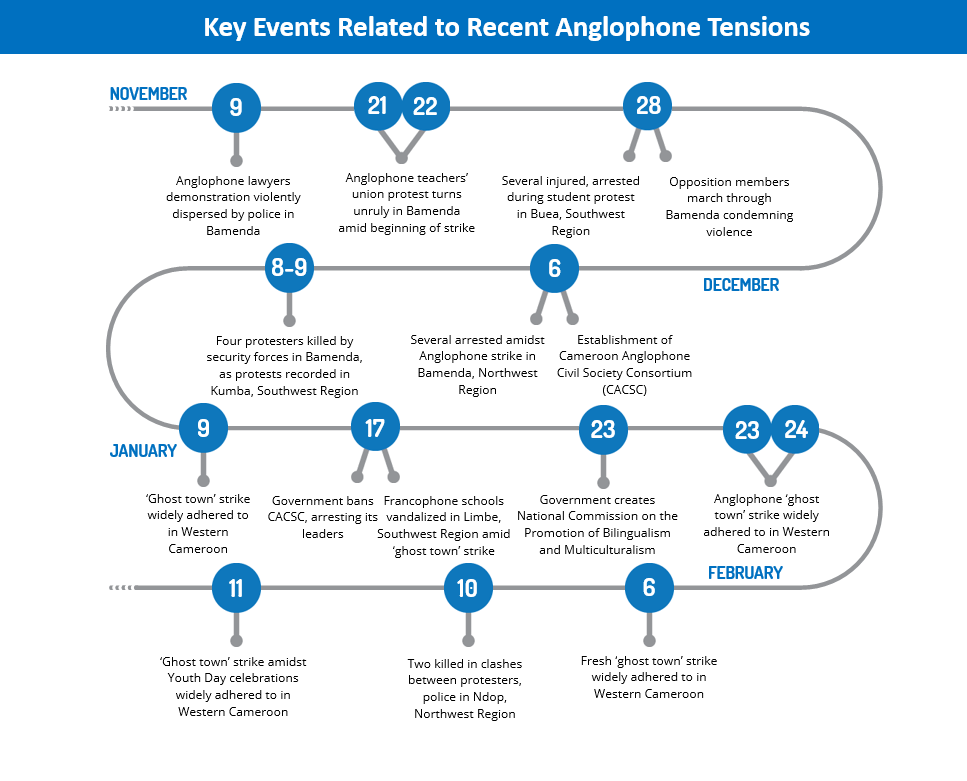
Since early November 2016, the Anglophone regions of Western Cameroon, namely the country’s Northwest and Southwest regions have been experiencing increased tensions over the community’s perceived social and cultural marginalization by the largely Francophone state. Although the tensions have been long, this particular period was triggered by lawyer Anglophone strikes, denouncing the appointment of unqualified Francophone magistrates, not familiarized with common law across Western Cameroon. Soon afterwards, the teachers’ unions joined in, as they protested against the imposition of French in Anglophone schools. Since then, we witnessed frequent protests and strikes by such elements throughout these regions, with the former often turning unruly
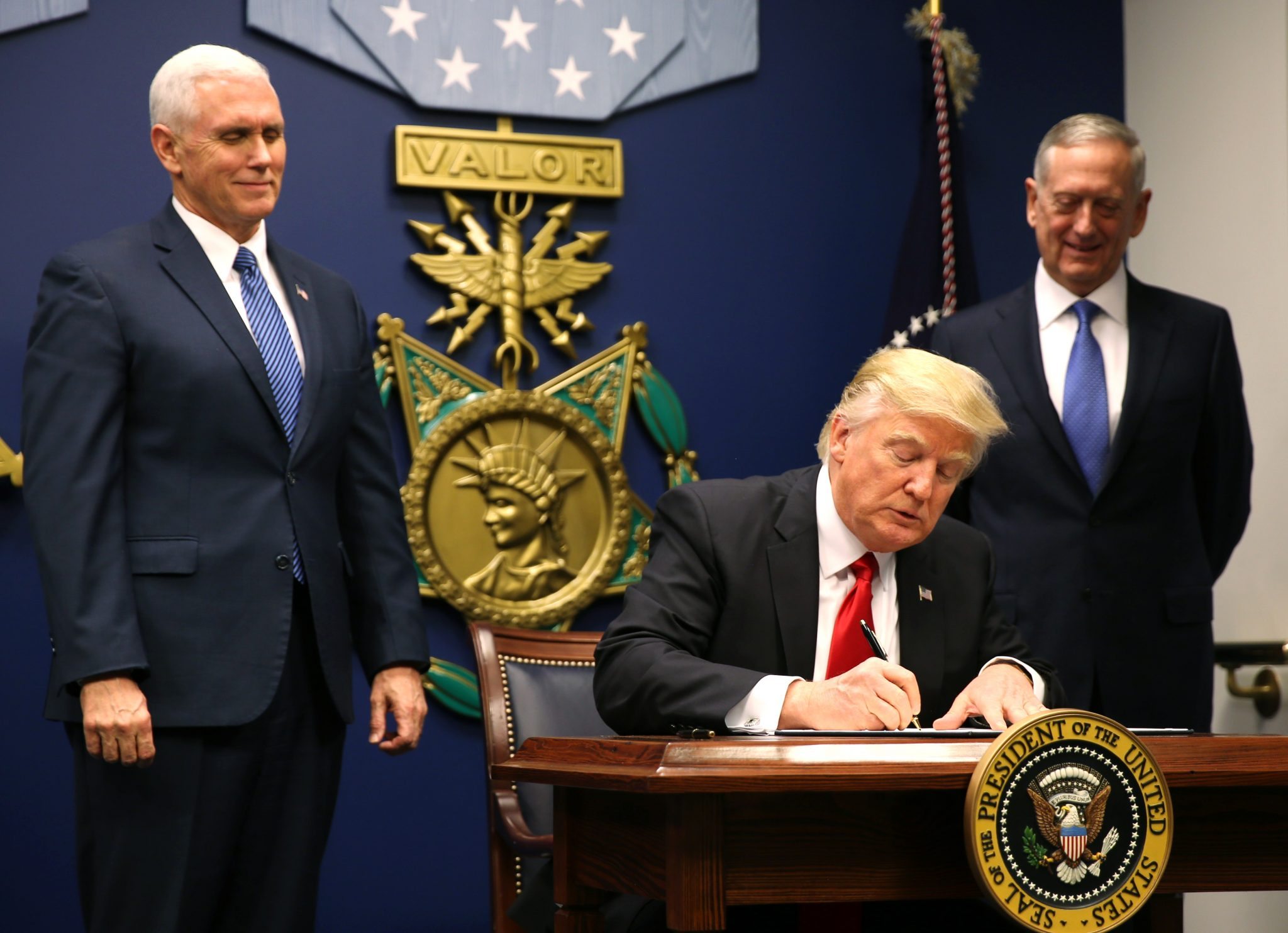
Since his inauguration, US President Donald Trump made several statements regarding the need to take “stricter measures” against jihadist militancy trends, remarks which will potentially mark a shift towards a more proactive policy in fighting Sunni jihadist militant groups. Furthermore, on January 27 President Trump issued an executive order banning citizens of seven Muslim-majority countries, namely Syria, Iran, Sudan, Libya, Somalia, Yemen and Iraq from entering the US. In response, according to Iran’s official news agency, the Iranian Foreign Ministry stated that Iran will resort to a “counter action” against Trump’s executive order.
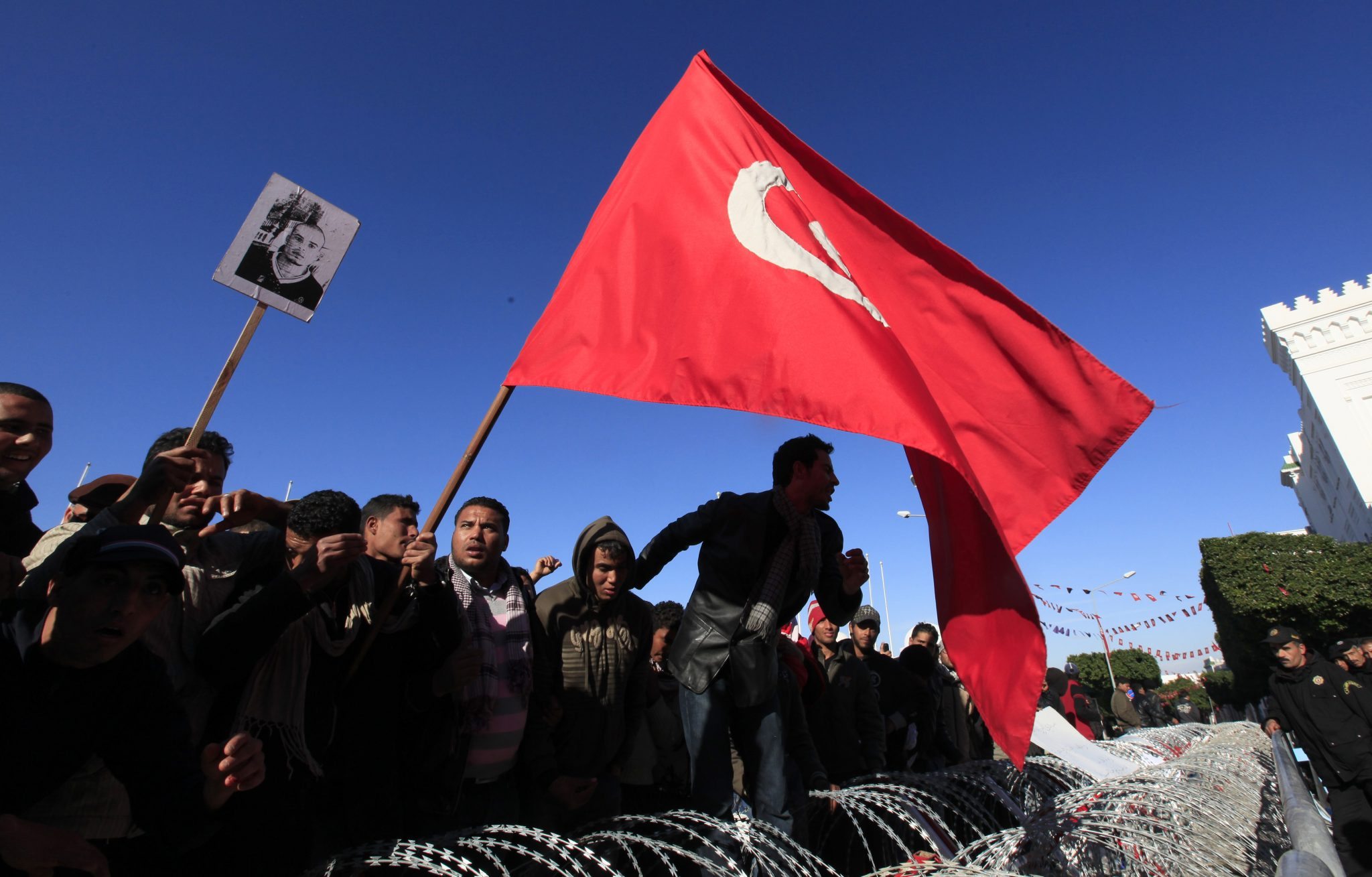
Following the Tunisian Revolution in January 2011, the country has been led by six different Prime Ministers, and has been under Prime Minister Youssef Chahed since August 27, 2016. Chahed followed his predecessor’s dismissal in a parliamentary no-confidence vote due to, among various reasons, his inability to successfully impose economic reforms. Since the Tunisian revolution, a continued trend of weak governance and ineffective reform has continued to inhibit Tunisia’s economic growth. In this context, Tunisia’s economy continues to struggle as nationwide unemployment has climbed to nearly 16%. Additionally, Tunisia has experienced a sharp contraction in foreign direct investment, which reportedly fell by approximately 57% from 1.58 billion USD in 2011 to 904 million USD in 2015.
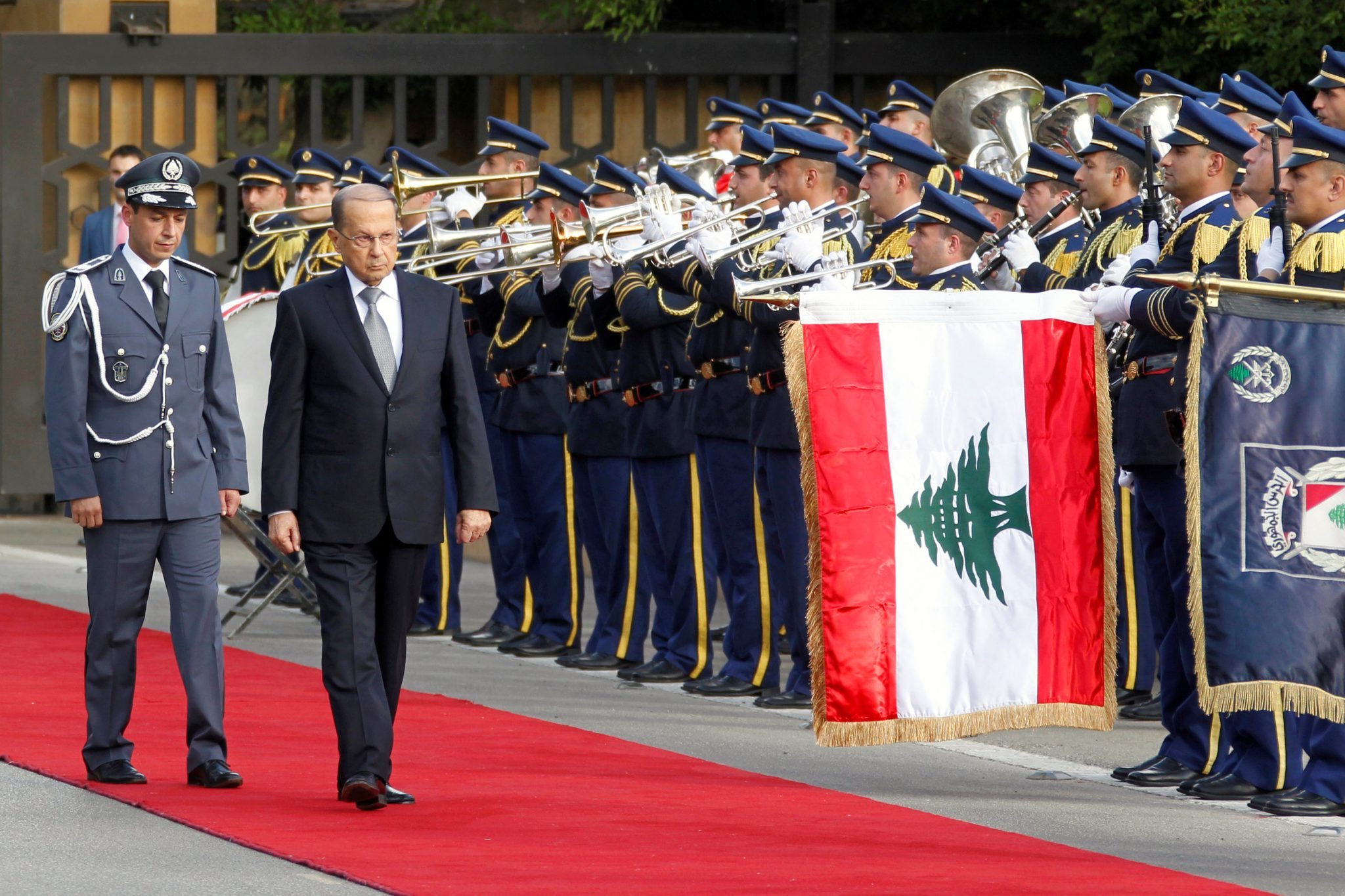
On October 31, the Lebanese Parliament elected the Free Patriotic Movement’s (FPM) leader, Michel Aoun, for President of Lebanon. Aoun was elected in the second round of voting after 83 out of 127 members of parliament voted in his favor, following a failure to achieve two-thirds of the votes in the first round. Days later, on November 3, the newly elected President Aoun tasked Mustaqbal Movement leader Saad Hariri with the formation of a new government, after the latter was elected by the Lebanese Parliament as the new Prime Minister, receiving 110 votes out of 127. Additionally, on December 18, a national accord cabinet, led by the newly appointed Prime Minister Saad Hariri, was formed following the reaching of an agreement regarding portfolios. The cabinet includes 30 appointed ministers who represent various factions of the Lebanese political demography.
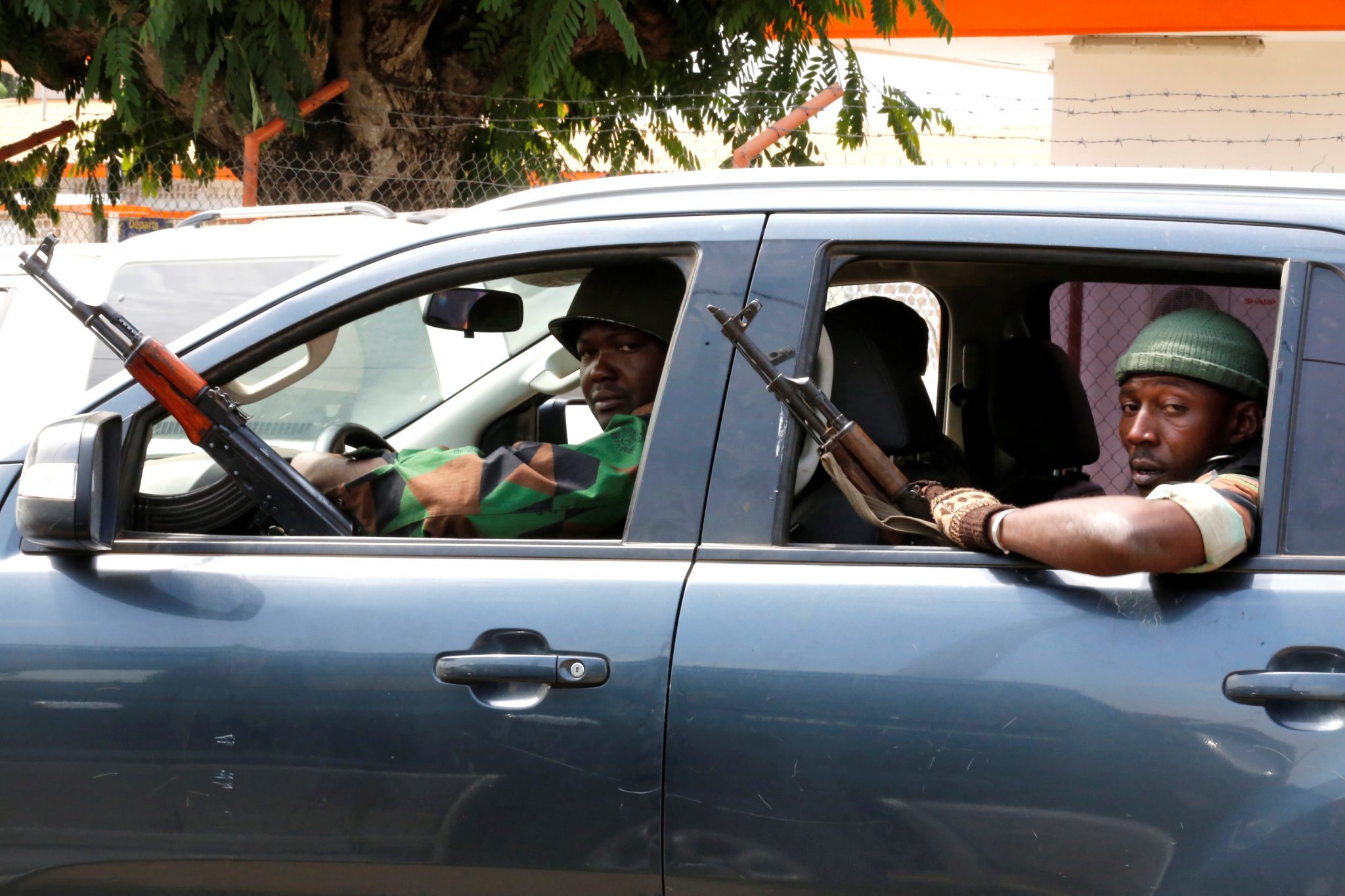
Since January 6, Ivory Coast has been facing a wave of unrest and instability from mutinous soldiers from the various security force elements. The initial spark began on January 6, when former “Forces Nouvelle” rebels, integrated into the armed forces following the conclusion of the Ivory Coast Civil War in 2011, essentially took control of Bouake, Ivory Coast’s second largest city. The former rebels were demanding bonus payments that they allege has been owed to them as part of the disarmament, demobilization, and reintegration (DDR) process. Within hours, the mutiny spread to other area of the country, including in Abidjan, Daloa, and Yamoussoukro.
